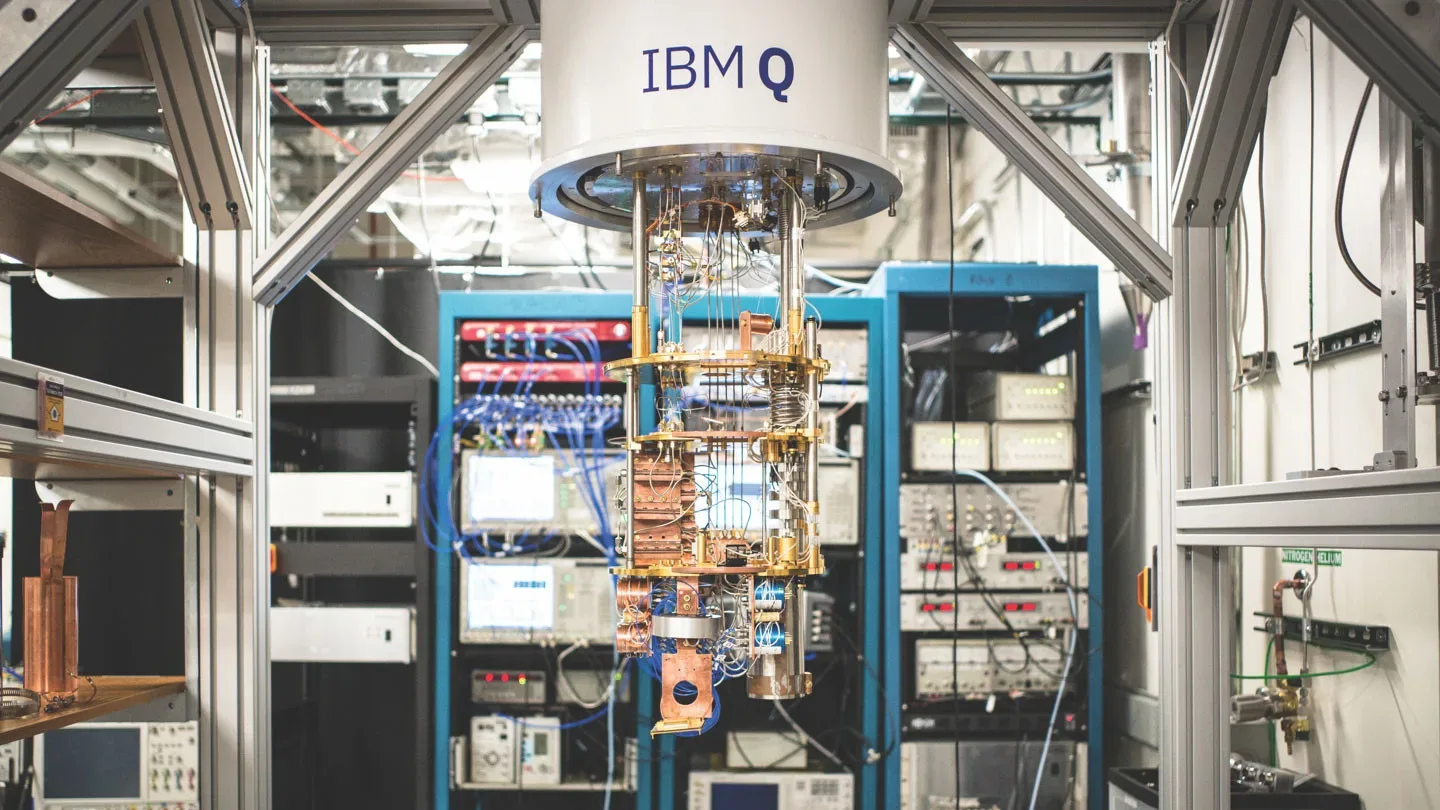In 2020, IBM was at the top of its game, successfully keeping ahead in the quantum race. The company was able to register the most patents in machine learning and quantum computing areas. You might wonder how many patents were issued, so we will take a look at the numbers.
Last year, the U.S. Patent and Trademark Office issued a total of 352,013 patents, which was a 1% drop from 2019 due to the COVID-19 pandemic. However, that did not stop IBM from registering 9,130 patents and remaining in first place for 28 years in a row. Not even Samsung was close, with 6,415 patents to win second place. This shows that despite stiff competition from Google and Microsoft, the venerable company has what it takes to stay ahead of its competitors.
‘We are focused on areas where we think it will keep IBM competitive in the future. We see cloud, AI and quantum as the trifecta of technologies for the IT industry.’
Kathryn Guarini, chief operating officer of IBM Research
Based in Armonk, New York, IBM has been using artificial intelligence (AI) in all areas of its business for a while. Among the newest patents is to help AI understand conversational tones, which will help the system understand all people in spite of accents and different pronunciation. This is only one way AI can transform the workplace.
‘It’s never our intent to replace the human. Our hope and our intent is that it makes all of us more efficient and improves productivity.’
Kathryn Guarini, chief operating officer of IBM Research


Guarini believes that while classical computers have been through much development and innovation, it seems to have reached a limit, and there has not been a revolution in decades. It may be more streamlined, but it remains a classical computer. However, quantum computing will be on a new playing field with untapped potential, including in areas such as pharmaceuticals, agriculture, and finance.
Machine learning and quantum computing were the top 4 and 5 winners of the top 10 fastest-growing new technologies. Surprisingly, vaping technology managed to get second place. It still lost to what was called ‘computer systems based on biological models’, or in other words, neural networks. Both IBM and Microsoft have patents using this technology.

